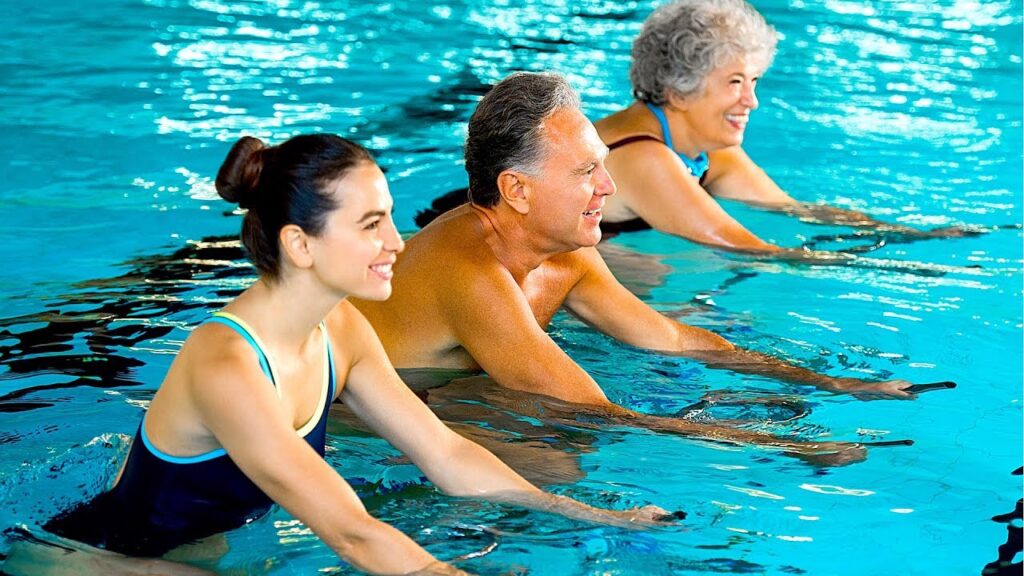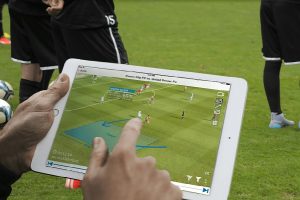Private swimming lessons offer a personalized approach to learning this vital skill, ensuring individualized attention and focused instruction. However, to make the most of these sessions, both instructors and learners need to be mindful of common mistakes that can hinder progress and safety. Elevate your aquatic abilities in Singapore with swimming lessons tailored to offer you the best learning experience.
Neglecting Warm-Up: Jumping straight into intense swimming drills without a proper warm-up can lead to muscle strain or injury. Elevate your aquatic abilities in Singapore with swimming lessons tailored to offer you the best learning experience. Always start with gentle stretches and low-intensity swimming to prepare the body for more strenuous activities.
Ignoring Water Safety: While learning to swim is crucial, understanding water safety principles is equally important. Ensure students grasp concepts like staying within designated swimming areas, avoiding diving in shallow water, and recognizing rip currents.
Overlooking Breath Control: Many beginners struggle with breath control, leading to panic or fatigue in the water. Teach proper breathing techniques early on, emphasizing exhaling underwater and inhaling when the face is above water.
Skipping Basic Skills: Rushing through fundamental skills like floating, kicking, and arm strokes can compromise overall swimming proficiency. Dedicate sufficient time to mastering these basics before progressing to more advanced techniques.
Poor Body Positioning: Incorrect body positioning can impede progress and increase resistance in the water. Emphasize maintaining a streamlined body position, with the head aligned with the spine and hips near the surface.
Lack of Repetition: Mastery in swimming, like any skill, requires repetition and practice. Avoid the temptation to move on to new skills too quickly, ensuring students have ample opportunity to reinforce techniques through repetition.
Insufficient Feedback: Constructive feedback is essential for improvement, yet some instructors may provide inadequate or unclear guidance. Offer specific feedback on technique, highlighting areas for improvement and providing actionable advice for refinement.
Focusing Solely on Technique: While technique is crucial, it’s essential to balance skill development with enjoyment and confidence-building activities. Incorporate fun games and activities to keep lessons engaging and foster a positive learning environment.
Disregarding Individual Needs: Each swimmer has unique strengths, weaknesses, and learning styles. Personalize instruction to cater to individual needs, adapting teaching methods and drills accordingly.
Neglecting Safety Equipment: Safety equipment such as life jackets or floatation devices should be used as needed, particularly for novice swimmers or when practicing in deep water. However, reliance on these aids should diminish as skills improve.
Ignoring Hydration and Sun Protection: Swimming lessons often take place under the sun, increasing the risk of dehydration and sunburn. Encourage students to stay hydrated and apply sunscreen regularly to prevent discomfort and health issues.
Lack of Consistency: Irregular attendance or inconsistent practice can impede progress and result in skill regression. Encourage students to attend lessons regularly and practice outside of class to maintain continuity and momentum.




